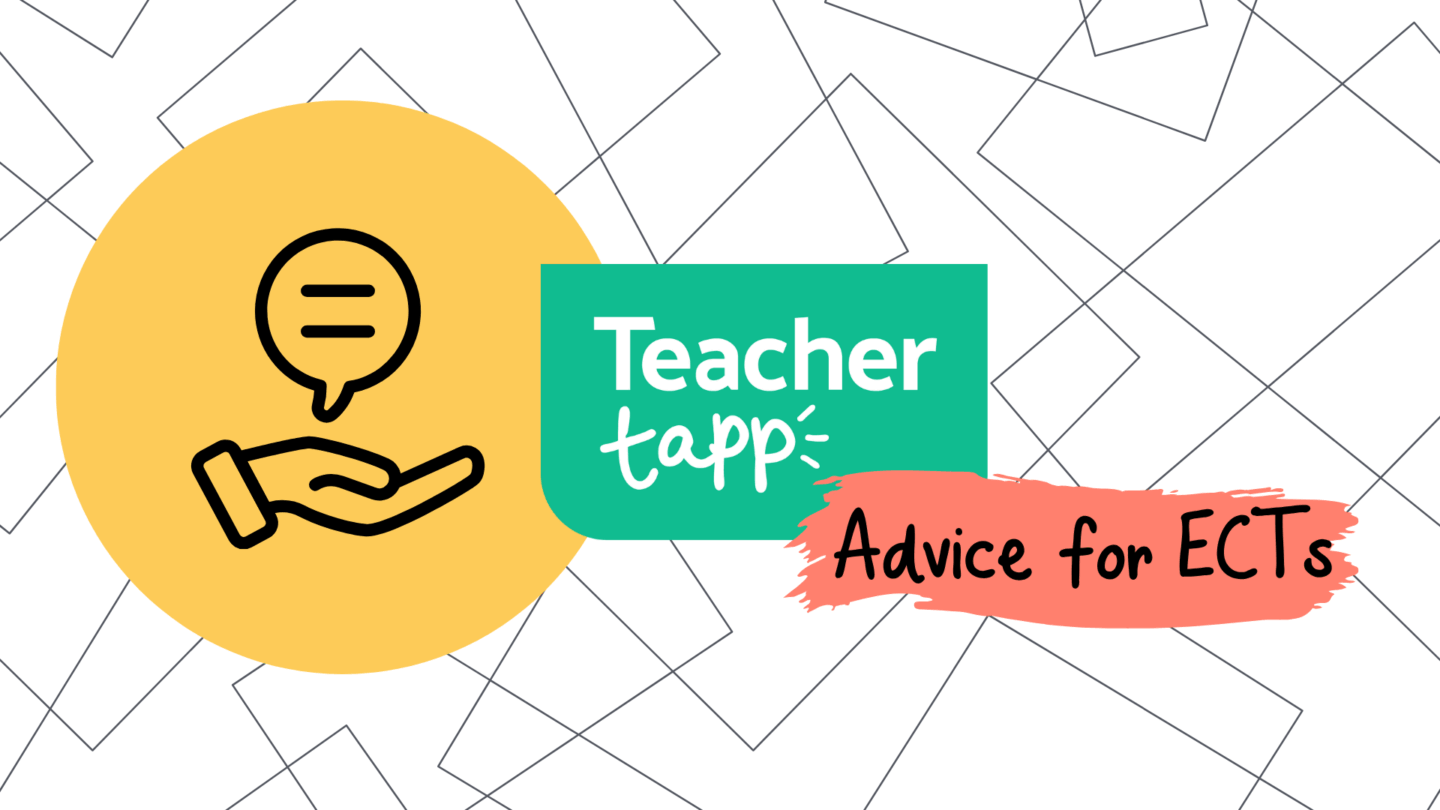Do Outstanding teachers really do anything differently?
Teachers in schools with low Ofsted grades often wonder whether their colleagues in Outstanding schools do anything differently. Using the Teacher Tapp database at our first ever Hackathon, Sally probed studied this problem using teacher’s reports about their teaching practice.. She discovered an alarming similarity in what teachers do in their classroom and what they consider to be best practice. This suggests that there may be factors beyond individual teaching practice that contribute to the Ofsted classification of schools. But more research required!
What makes a school Outstanding?
Having moved from a school that has languished, for much of Ofsted’s life span, in the region of grade 3 it was an education to move to a school with a Grade 1. If you strip out everything but the GCSE progress data, my current school is far ahead of my previous employer, although it felt behind in some ways, when I joined.
Teacher effectiveness is considered to have a large impact on student outcomes. And grade 1 schools are better able to recruit the best teachers (purely from having lots of applicants and so being able to be more selective). But what are teachers in grade 1 schools doing that teachers in grade 3/4 schools are not?
Changing schools did not fundamentally change me as a teacher. I teach, more or less, the same lessons in the same way as before, with the notable difference that I have needed to raise the pace and challenge in my lessons to match my students’ appetite. We cover roughly 50% more in a year than I used to and I think we could do even better. But, I don’t think I’m a better teacher than I was where I used to teach, other than that I now have three additional years of experience.
So, what do the findings of Teacher Tapp say about differences among teachers in top-graded schools versus those in the 3 or 4 categories?
What do teachers in Outstanding schools do differently?
Teachers in schools graded 1 are much less likely than teachers in 3s or 4s to feel they need to direct classroom events and are slightly more likely to involve students in evaluating their work and goal setting. Could this be because student motivation and behaviour is better in outstanding schools?
Compare this with how teachers feel about settling their classes and getting them started, and it is interesting to note that there is a negligible difference in overall teacher confidence. Around 91% of teachers in both 1 and 3 or 4 schools find they don’t think much about settling or starting – both are equally able to get on with a lesson.
Teachers in schools graded 1 are less likely than in 3s or 4s to focus on individual work and more of them think that a ‘good’ lesson involves paired or group work. Perhaps this is again related to student behaviour in the classroom. Teachers in top-graded schools like discovery learning less than teachers in 3s and 4s and they’re slightly more likely to think that written comments on students’ work have an impact.
How substantial are these differences between teachers?
In general, however, the vast majority of teachers don’t believe their written comments have a significant impact on student learning, regardless of where they teach. Given that many educational research studies, for example the EEF Toolkit, point to feedback as the most effective way of intervening in student learning, this is somewhat surprising. Obviously, written comments are not the only way of giving feedback to students: but they are still feedback.
With that in mind, there could be some contextual clues to this pattern in responses – could the outcomes have been affected by teacher tiredness or workload-related malaise?
Teachers in grade 1-rated schools are slightly less likely to use whole-class response on a weekly basis (this is touted as a strategy for improving outcomes for disadvantaged students) but are also slightly less likely to spend a portion of the lesson recalling previous learning. They are almost 4 times as likely to use a textbook every lesson as teachers in a 3/4 school.
When it comes to differentiation, there appears to be about the same amount going on in both grade 1 and grade 3/4 schools, but there is some variance in the types of differentiation teachers are doing. In grade 1 schools, teachers are less likely to provide differentiated questions, or to start students off at different points based on targets, or to use differentiated learning outcomes or – the biggest difference – to provide help desk/stations for pupils struggling in class.
To make a generalisation here, it seems that teachers in the top rated schools are not using the teacher-workload-heaviest strategies, while more burden is placed on teachers in lower rated schools to, for example, create additional materials for help stations.
Are there really any differences between Outstanding schools and others?
The most interesting bit of data for me on this question was what teachers consider a ‘good’ lesson has in it. Arguably, this becomes a self-fulfilling prophecy: what teachers continue to be ‘good’ practice they will presumably use, whether it is evidence-based or not; therefore what teachers in grade 1 schools consider to be ‘good’ may look as though they are the most effective strategies.
In many of the options provided for this question, 1 teachers poll very similarly to 3 or 4 teachers – clarity of LOs, some individual work, differentiation, a plenary. Just over half of both groups think that there is no required feature for a ‘good’ lesson. There are three areas, however, that grade 1 teachers consider to be more important to a good lesson than grade 3/4 teachers: Pair or group work, AFL and an opportunity for retrieval practice.
As such, the differences between teachers in Outstanding school and those with lower Ofsted ratings seem to be relatively small. This suggests that there are numerous other features of a school that contribute to its status as Outstanding. Further research through Teacher Tapp would be required to unpick what these other factors might be. But an important conclusion for the moment is that many teachers working in schools with low Ofsted ratings may be just as Outstanding as their counterparts in Grade 1 schools.
I’d posit that this means teachers in grade 1 schools are more likely to give students opportunities to discuss their work with their peers. This also suggests that teachers in grade 1 schools are more likely to give their students regular feedback on their learning and give them regular tests, low stakes or otherwise – and, actually, the latter certainly fits with my own experience. As explained at the start, I needed to up the pace and challenge for a different cohort of students and now, I set my GCSE classes a weekly learning homework and closed-book assessments every half term, safe in the knowledge that they will do the learning and revision required to make this worthwhile. I was not as fastidious about doing this where I used to work.
Summary
Overall, the differences between teachers in Outstanding schools and those with lower Ofsted ratings do seem to be relatively small. On balance, there seems to be slightly more onus placed on students to step up in higher graded schools than lower graded ones, but teachers value mostly the same activities in the classsroom. This suggests that there are numerous other features of a school that contribute to its data qualifying it as Outstanding. Further research through Teacher Tapp is required, to unpick what these other factors might be.





